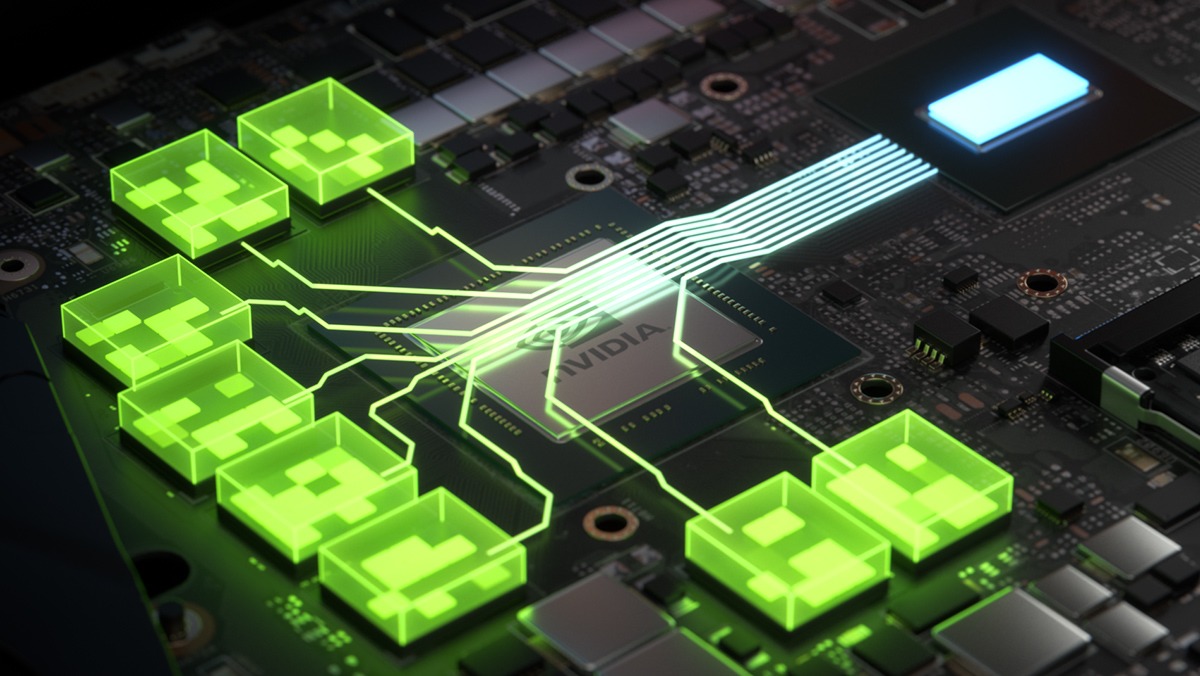The world of chipmakers is heating up, and not just in terms of processing power. Recent developments highlight both a potential setback for Samsung and a strategic move by Nvidia in the ongoing battle for technological supremacy.
Samsung’s HBM Hits a Snag
Samsung, a leader in memory chip production, is facing a hurdle with its latest high-bandwidth memory (HBM) chips. These chips, crucial for the ever-growing field of artificial intelligence (AI), are reportedly failing critical tests set by Nvidia, a major consumer of such technology. According to sources, the issue lies in excessive heat generation and power consumption exceeding Nvidia’s requirements.
The failing chips encompass both Samsung’s current HBM3 generation and the upcoming HBM3E models. This raises concerns as Nvidia has been a key partner for Samsung in HBM development. Sources claim Samsung has been striving to meet Nvidia’s standards since last year, with the most recent failed test occurring in April 2024.
Samsung, in a statement, has refuted these reports, maintaining that their HBM testing is proceeding as planned. However, industry experts are watching the situation closely. If Samsung cannot rectify these issues with heat and power consumption, it risks falling behind competitors like SK Hynix and Micron Technology in the HBM market. This could have significant implications for Samsung’s position in the AI hardware sector.
Nvidia Counters in China
While Samsung grapples with its HBM woes, Nvidia is making a bold move in the Chinese market. The chipmaker has reportedly slashed prices for its products in China, a strategic decision seen as a response to the growing threat posed by Huawei.
Huawei, the Chinese tech giant, has been making significant strides in developing its own chip technology. This, coupled with ongoing political tensions between China and the US (where Nvidia is headquartered), has created a complex market landscape. Nvidia’s price cuts are likely an attempt to maintain market share and counter Huawei’s growing influence.
The exact impact of these price reductions on the Chinese chip market remains to be seen. However, it signifies the escalating competition for dominance in this crucial region. With both established players and ambitious newcomers vying for a foothold, the Chinese chip market promises to be a battleground for years to come.
Looking Ahead
The recent developments involving Samsung and Nvidia paint a picture of a dynamic and competitive chipmaking landscape. Samsung’s HBM struggles could potentially reshape the HBM market, while Nvidia’s price cuts in China highlight the strategic importance of this region.

